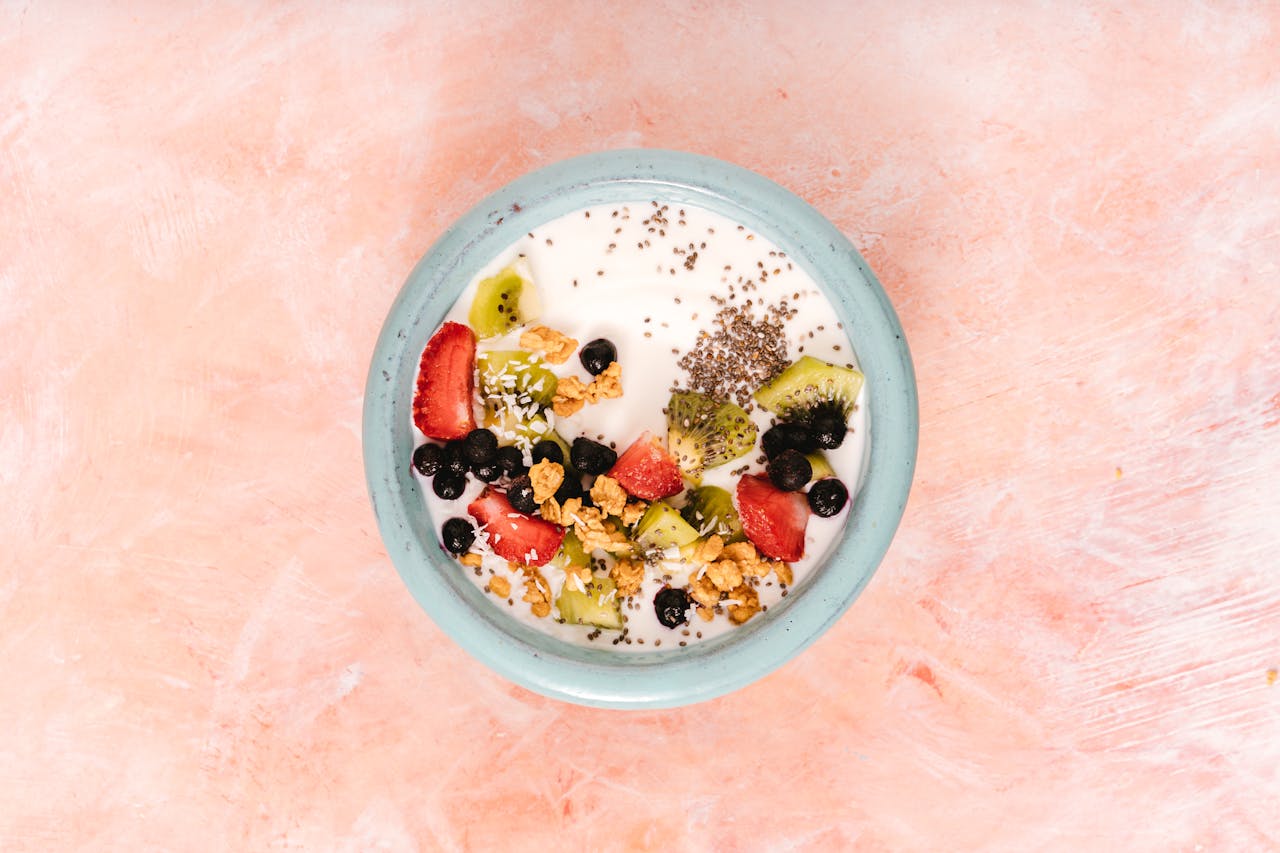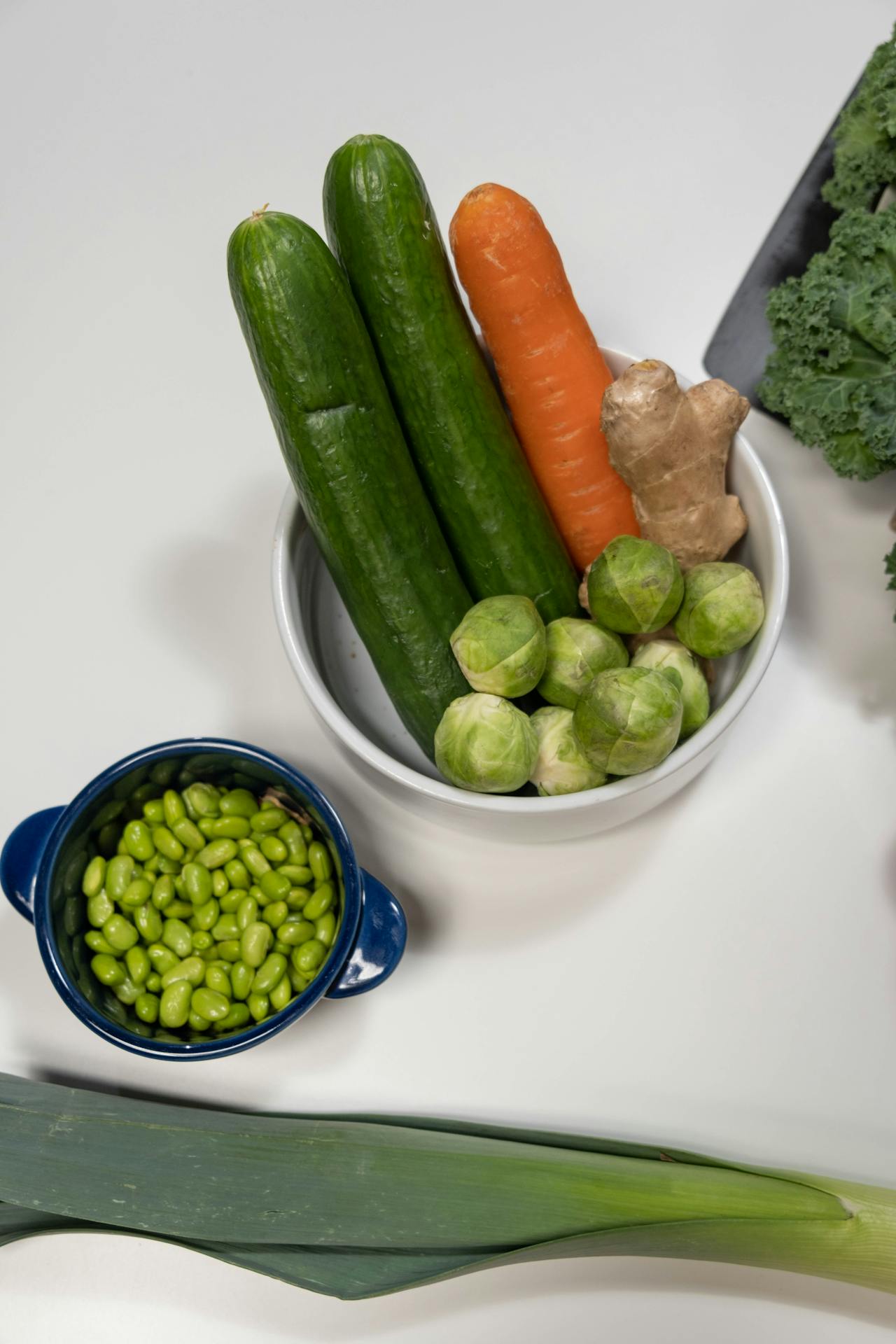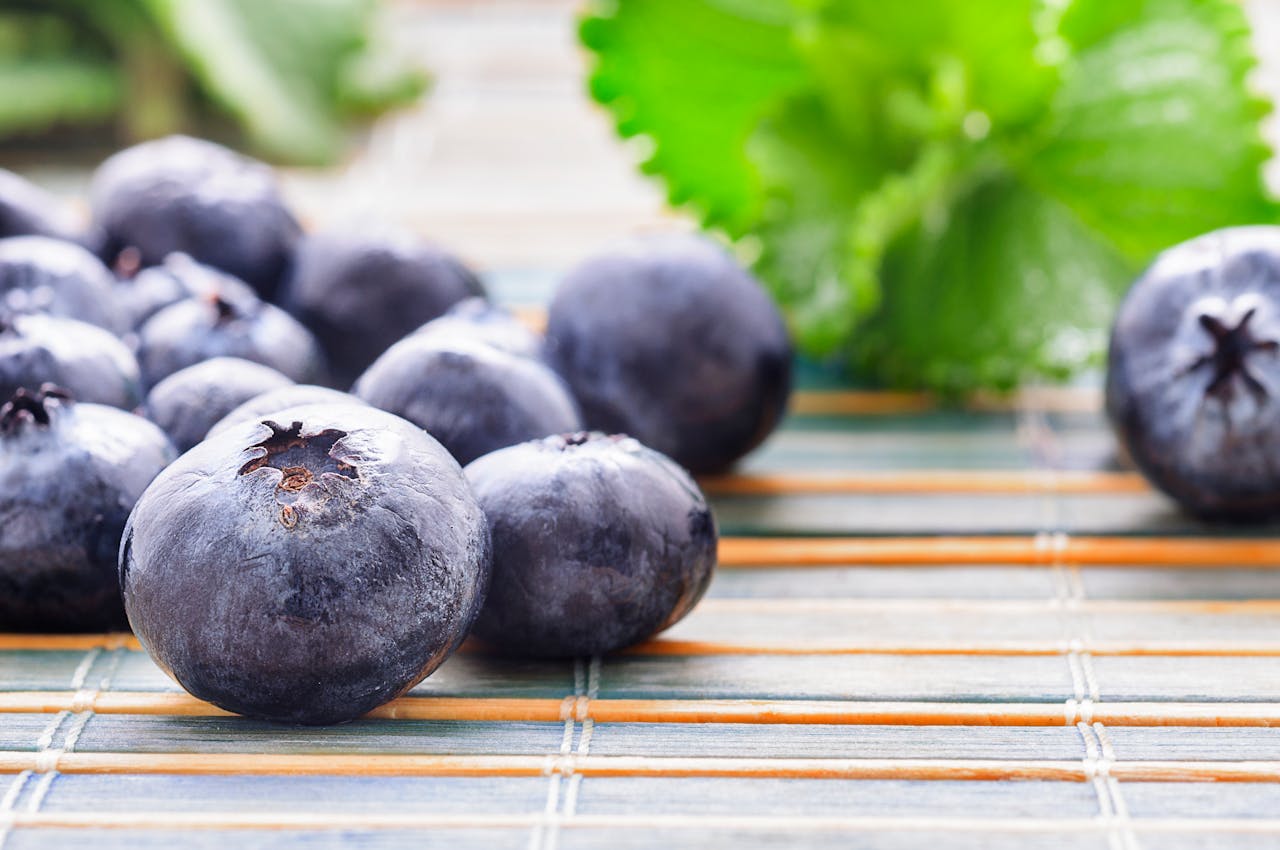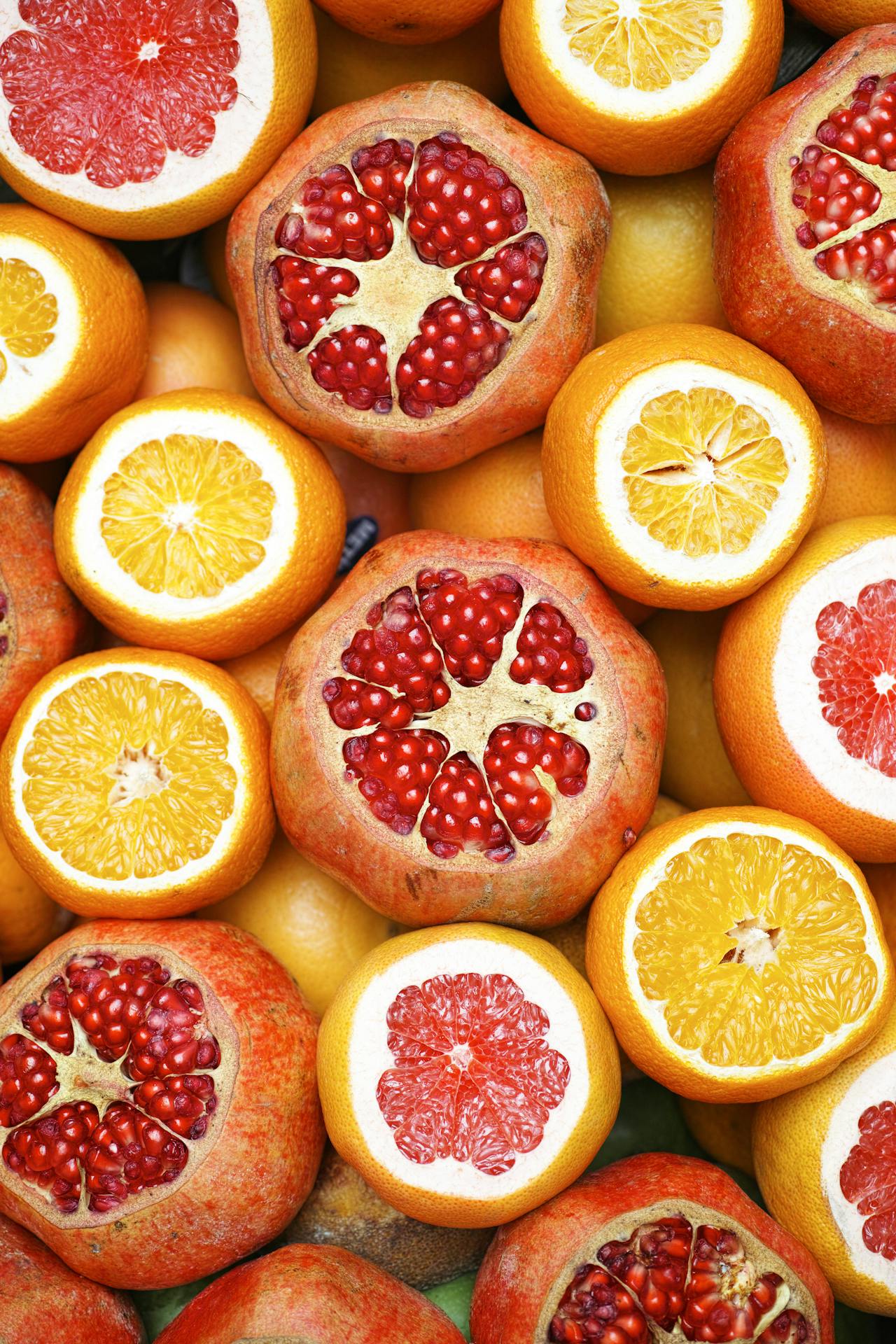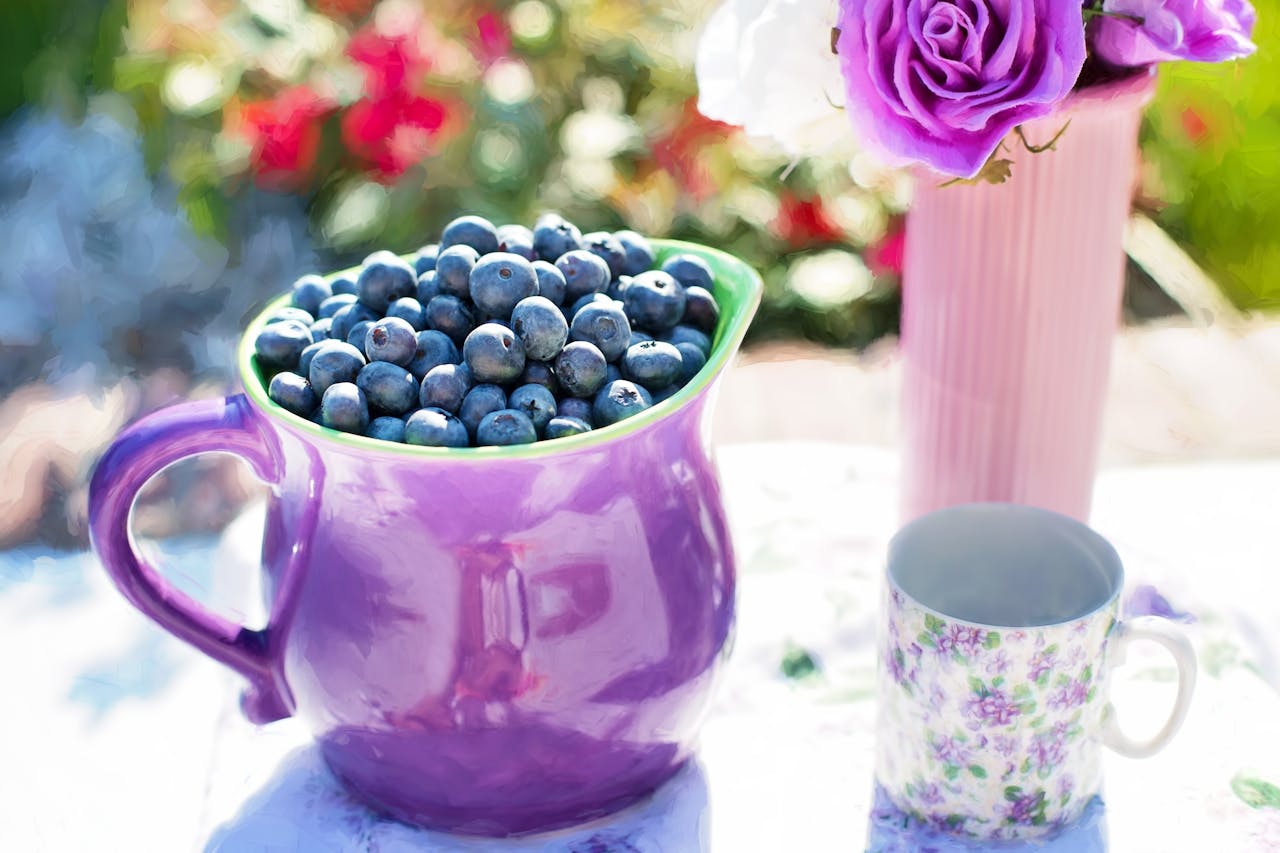Top 10 Superfoods to Boost Your Health and Well-Being Naturally
Discover the powerful benefits of superfoods—nutrient-dense foods that pack a punch when it comes to enhancing health. Whether you’re looking to boost your immune system, increase energy levels, or improve overall wellness, adding superfoods to your diet can help you reach your goals.
What Are Superfoods?
Superfoods are natural foods packed with vitamins, minerals, antioxidants, and other nutrients essential for health. Incorporating these foods into your daily diet may reduce inflammation, strengthen your immune system, and even slow down aging.
1. Blueberries
Known for their rich antioxidant content, blueberries can help combat free radicals in the body, reducing oxidative stress. They’re also a great source of fiber and vitamins C and K, making them an ideal fruit for supporting heart and brain health.
2. Spinach
Spinach is a nutrient powerhouse, rich in iron, calcium, and vitamins A, C, and K. It’s also high in antioxidants and can help improve skin health, boost immune function, and promote better eye health.
3. Salmon
Salmon is an excellent source of omega-3 fatty acids, which support heart health, reduce inflammation, and promote brain function. Additionally, it provides high-quality protein and B vitamins, making it a great choice for muscle health and energy.
4. Chia Seeds
These tiny seeds are full of fiber, protein, and omega-3 fatty acids. Chia seeds absorb water, which can help you stay hydrated and feel full longer, supporting weight management and digestive health.
5. Avocado
Avocado is rich in healthy fats, particularly monounsaturated fats, which are good for heart health. It’s also packed with fiber, potassium, and various vitamins that support skin health and boost nutrient absorption from other foods.
6. Turmeric
Turmeric is renowned for its powerful anti-inflammatory and antioxidant properties, largely thanks to curcumin. Regularly consuming turmeric may reduce inflammation, support joint health, and boost immunity.
7. Greek Yogurt
A protein-rich food, Greek yogurt contains probiotics that support gut health. It’s also a good source of calcium and B vitamins, making it a versatile and beneficial addition to any diet.
8. Quinoa
Quinoa is a complete protein, containing all nine essential amino acids. This gluten-free grain is also high in fiber, iron, magnesium, and antioxidants, promoting heart and digestive health.
9. Nuts and Seeds
Almonds, walnuts, flaxseeds, and sunflower seeds are full of healthy fats, fiber, and various vitamins and minerals. They’re perfect for reducing hunger between meals, and their antioxidant content can improve skin and brain health.
10. Green Tea
Green tea is rich in antioxidants called catechins, which can enhance metabolism and reduce the risk of chronic diseases. Drinking green tea regularly may improve brain function, aid in fat loss, and provide a steady source of energy.
How to Incorporate Superfoods into Your Diet
Start small by adding one or two of these foods into your daily meals. For example:
- Add blueberries to your breakfast smoothie.
- Incorporate spinach in your salads or sandwiches.
- Top your yogurt with chia seeds and nuts.
Experimenting with different combinations can make incorporating superfoods enjoyable and sustainable.
Conclusion
Adding superfoods to your diet is a simple yet effective way to improve overall health. These nutrient-rich foods provide essential vitamins, minerals, and antioxidants that promote a healthy body and mind. Start incorporating these superfoods today and experience the benefits they bring to your health journey!
